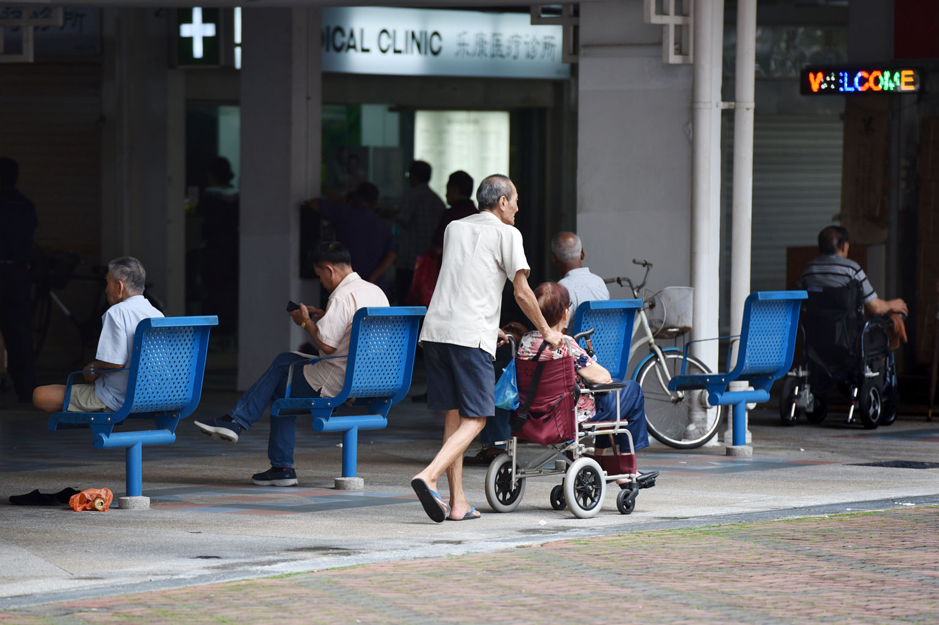A budget standard for everyone in a diverse society
July 1, 2019

In a Straits Times editorial Research Fellows Dr Neo Yu Wei (NUS Social Service Research Centre [SSRC]) and Dr Ad Maulod elaborated on their project entitled ‘What Older People Need in Singapore: A Household Budgets Study’, which involved focus group discussions with elderly from different household backgrounds and ethnic groups. The discussions sought to ascertain their basic needs and evaluate how much these needs would cost. This project was highlighted in line with President Halimah Yacob’s recent speech about social cohesion in Singapore’s ethnically diverse society.
Some basic living necessities (transport and food costs, for example) surfaced as expected. However, what was interesting was how the elderly saw ‘the choice to take part in social activities and freedom to engage in one’s cultural and religious practices’ as one of their ‘basic’ needs. In the words of the researchers, ‘only in Singapore did participants include the choice and freedom to engage in “one’s cultural and religious practices” as a key basic need.’ In other words, in order for everyone to receive the freedom to practice their cultural traditions and religious activities, a common consensus has to be reached so that ethnic diversity can be respected. This would materialise in the form of economic standardisation of living costs such that different cultural practices could be accounted for. The authors raised the example of halal food being more expensive from food stalls, or even the elderly’s need for a clothing budget for those who choose to dress in traditional or religious clothing.
Read the full article here.
